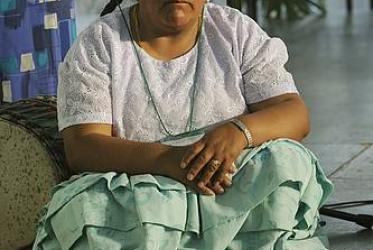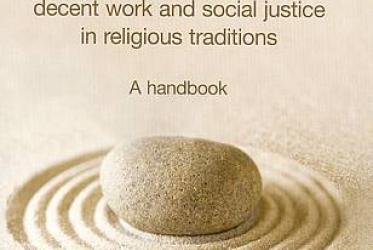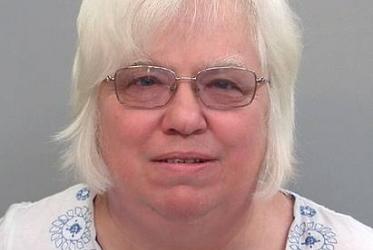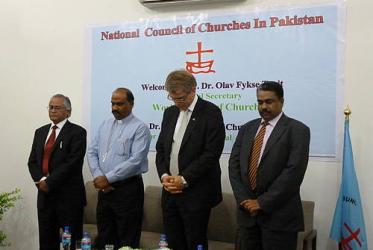Displaying 521 - 540 of 599
Churches say “No more violence in the name of God”
05 March 2012
Christian self-understanding in the context of indigenous religions
14 February 2012
Youth longing for peace in the Arab world
06 February 2012
WCC speaker addresses Catholic superiors general
30 January 2012
Working together for social justice and decent work
23 January 2012
Equal rights for all the measure for assessing freedom of religion
06 December 2011
New WCC statement on mission and evangelism in process
29 November 2011
Canadian churches reflect on identity in a multi-religious world
28 November 2011
No peace without justice, no justice without forgiveness
31 October 2011
Churches seek peace and justice through dialogue in Assisi
27 October 2011
WCC general secretary speaks at Oslo University bicentenary
22 September 2011












